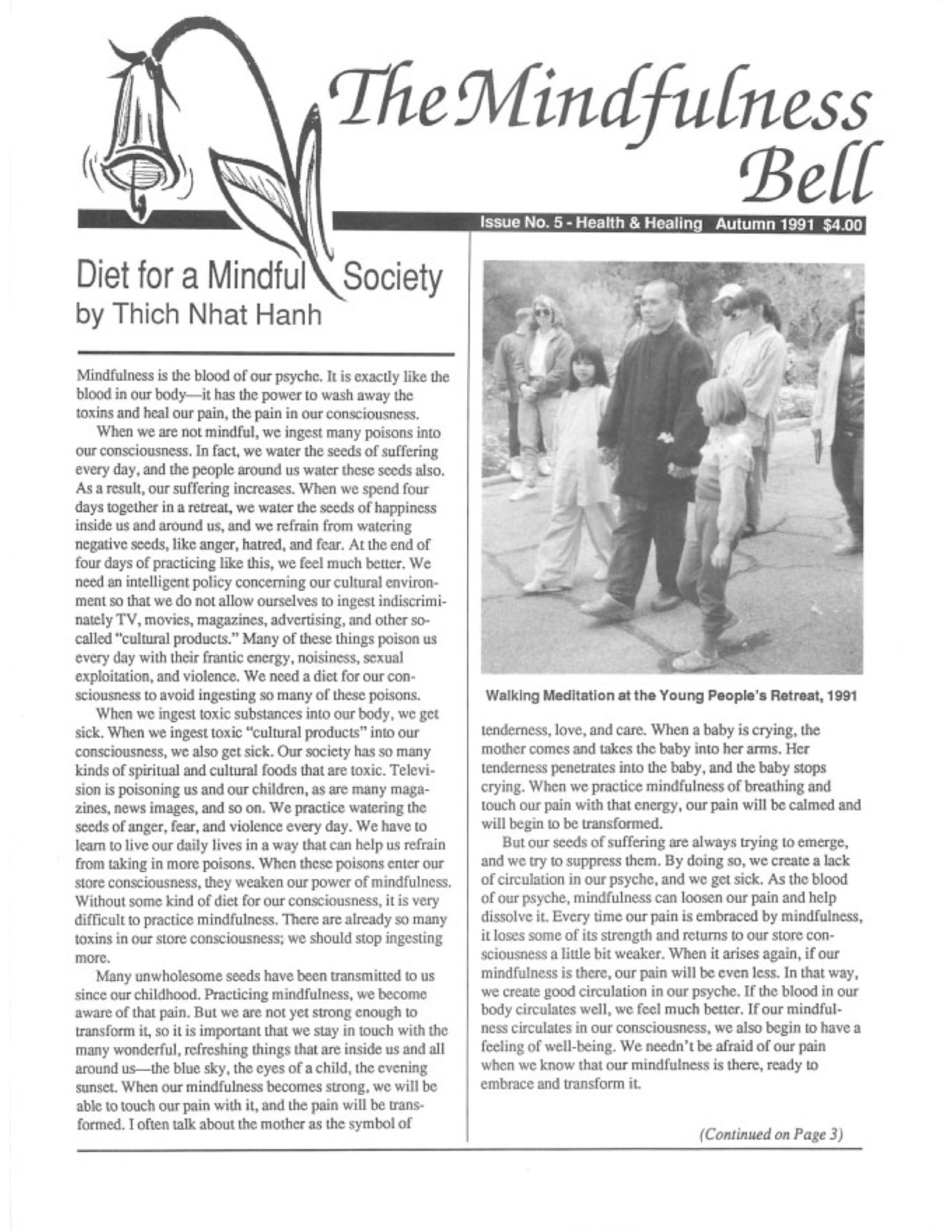Carpooling to school one Monday morning, my fellow teacher asked, “How was your weekend?” As the Educator’s Sangha had just met that Sunday, I described the afternoon. Tina listened attentively as I spoke about the alternating periods of silence and discussion, stillness and activity. We arrived at school and went our separate ways and I thought that was the end of that.
Later that day she sent a reminder about a grade level meeting scheduled for that afternoon, with the P.S.
Carpooling to school one Monday morning, my fellow teacher asked, "How was your weekend?" As the Educator's Sangha had just met that Sunday, I described the afternoon. Tina listened attentively as I spoke about the alternating periods of silence and discussion, stillness and activity. We arrived at school and went our separate ways and I thought that was the end of that.
Later that day she sent a reminder about a grade level meeting scheduled for that afternoon, with the P.S. "What do you think about starting with a few minutes of silence?" And so we did, a small circle of us in the vacant schoolroom, the students gone home. In the unaccustomed quiet, sounds visited like welcome strangers—the whoosh of wind in treetops, a mockingbird, our own breathing. As we eased into conversation, I recognized the plain and clear qualities I'd come to think of as special to Educator Sangha discourse: there was space between the words, rhythm to the speaking and listening, warmth in the voices. As Tina commented, "I have no idea what happened back there as we were sitting, but what seemed so urgent before just doesn't seem so now."
Patrick McMahon
Berkeley, California

